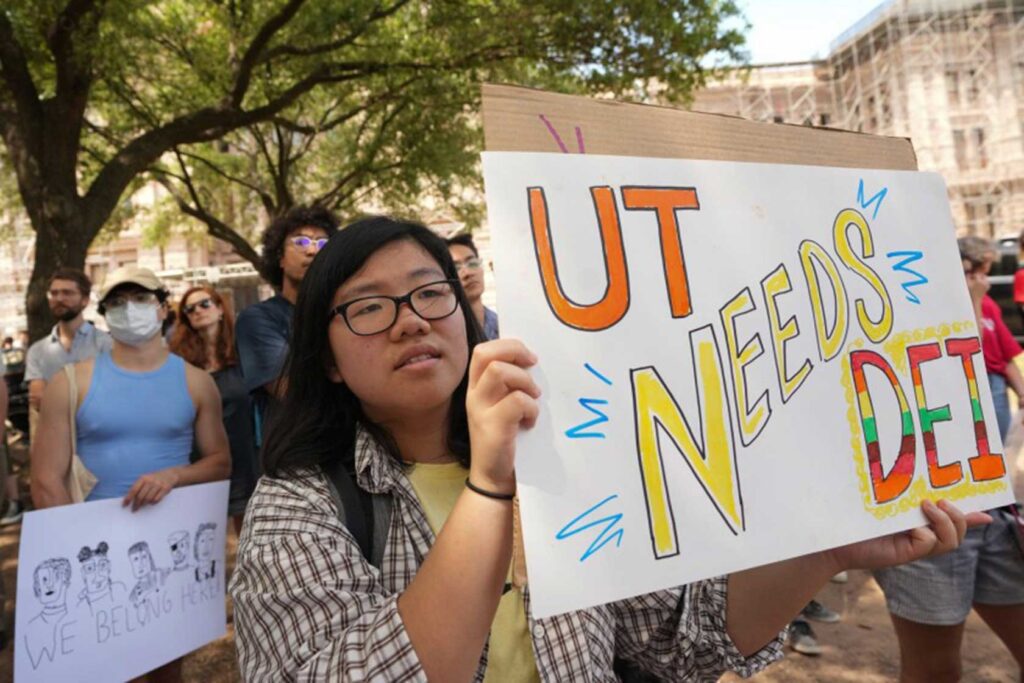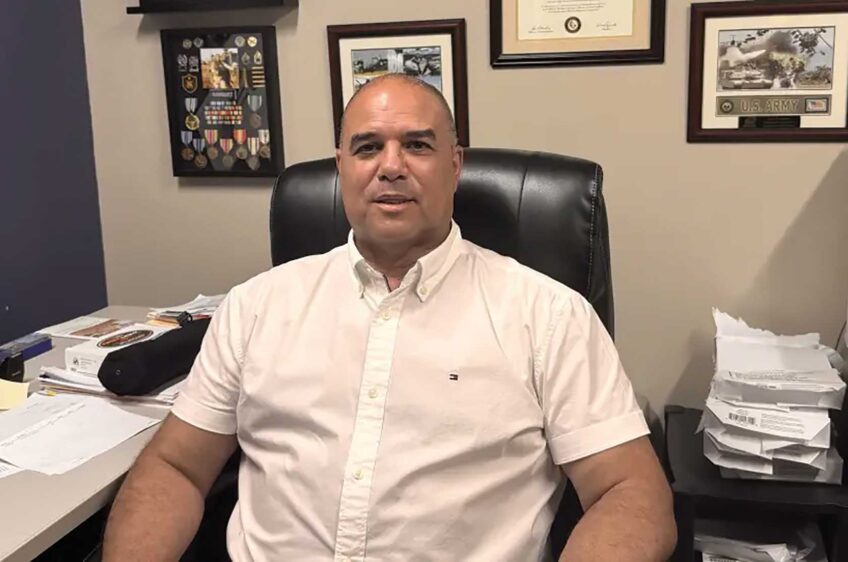
Banner Business Sponsored by The Boston Foundation
Despite decades of research and multiple studies documenting the benefits, people continue to push back against diversity, equity and inclusion initiatives at public and private institutions.
After the U.S. Supreme Court’s ruling on the Students for Fair Admission v. Harvard case last summer, race-conscious admission programs for colleges and universities across the country are now under fire. But how does this ruling regarding higher education have an effect on the business world?
“The court gave us a very clear window into how it thinks about issues of racial discrimination,” said David Glasgow, executive director of the Meltzer Center for Diversity, Inclusion, and Belonging at New York University’s School of Law. “And so, a lot of the anti-DEI activists have interpreted it as giving a green light to them to attack similar sorts of race-conscious programs in the workplace.”
In the crosshairs of the discourse around DEI in the workplace are chief diversity officers, or CDOs. A recent study by Center Focus International, Inc., lead by Dani Monroe, looked exclusively at the role and effectiveness of CDOs.
“What we began to learn from these 48 chief diversity officers from a large segment of the corporate world is that they were having an impact,” Monroe said. “They were actually acting as change catalysts. They were acting as strategic innovators, as bridge-builders, as storytellers in their organization.”
Recently a U.S. federal court of appeals suspended venture capital firm The Fearless Fund’s grant contest for Black women entrepreneurs.
“It’s important for us to talk about the value-add of diverse communities, but I think it’s also important that we balance that conversation with a conversation about repair and power,” said Malia Lazu, DEI strategist and lecturer at the MIT Sloan School of Management. “After the Civil War, there was an attempt to repair. That attempt was quickly thwarted. And we’ve been on this journey to repair ever since. And so this idea that things like the Fearless Fund go against anything but inclusion and diversity is disingenuous at best.”
This story was originally published by GBH.






